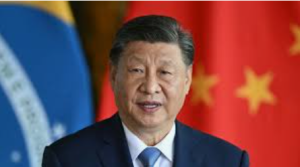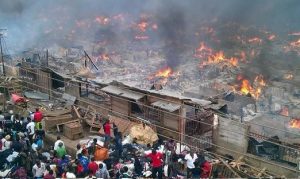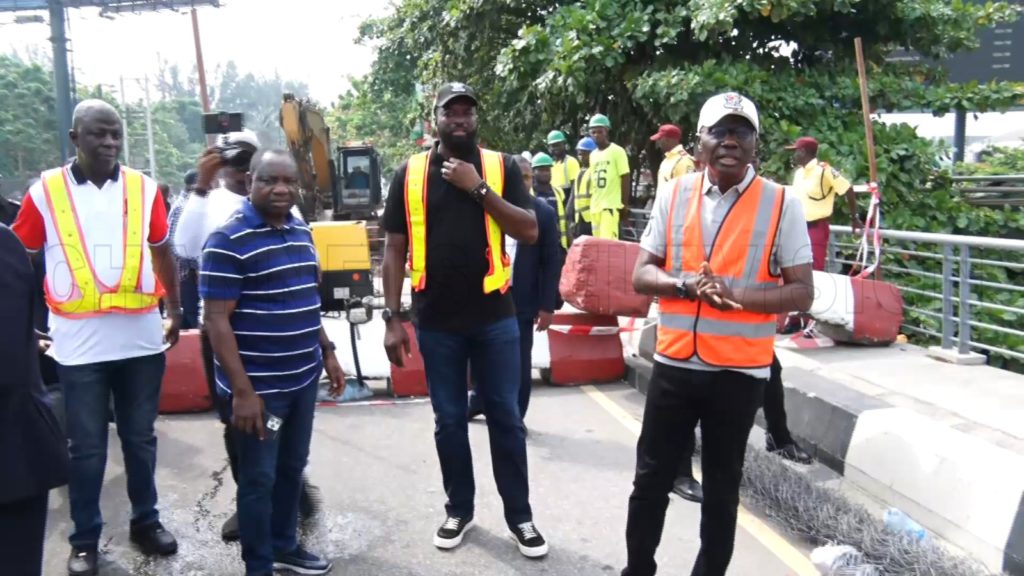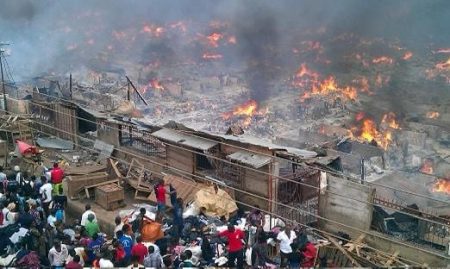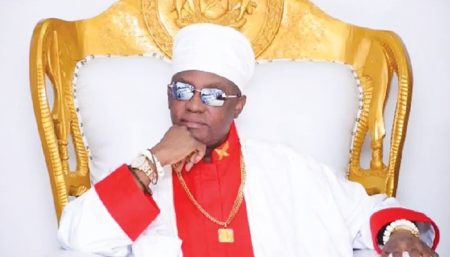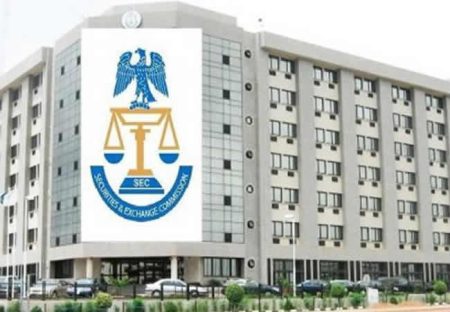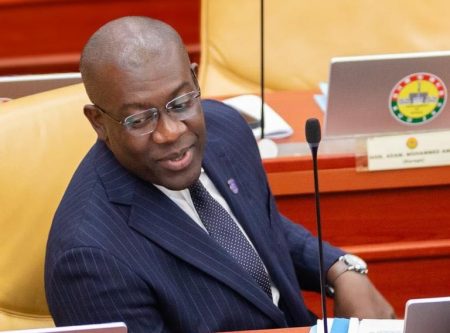The closure of the Independence Bridge in Lagos State for repair work sparked widespread traffic chaos and public outcry, prompting a swift apology from Governor Babajide Sanwo-Olu. The bridge closure, which began on Wednesday evening, caused hours-long gridlock, leaving thousands of commuters stranded and frustrated. Images and videos of the traffic nightmare quickly circulated on social media, fueling public anger and criticism directed at the government. The intensity of the backlash led the Minister of Works, David Umahi, to intervene and order the reopening of the bridge to alleviate the congestion.
Governor Sanwo-Olu, acknowledging the immense disruption caused by the closure, publicly apologized to Lagosians during a visit to the bridge on Thursday. He emphasized that the repair work was not intended to inflict hardship but was a necessary measure to prevent a potential disaster. The governor admitted that communication regarding the closure could have been handled more effectively, leading to better preparedness among residents. He emphasized that the government’s primary responsibility was to ensure public safety and that the bridge’s structural integrity was paramount.
While acknowledging the inconvenience faced by commuters, Sanwo-Olu stressed the importance of the repair work for the long-term safety and functionality of the bridge, a crucial artery in the nation’s commercial hub. He explained that the contract for the repairs had been awarded three years prior, highlighting the longstanding need for the intervention. The governor defended the timing of the closure, stating that there is never a perfect time for such projects, as some level of disruption is inevitable. He maintained that prioritizing the bridge’s structural integrity was crucial to prevent a catastrophic failure in the future.
Sanwo-Olu appealed to Lagosians for understanding and cooperation during the repair period, urging them to explore alternative means of conducting business and minimizing travel to Victoria Island unless absolutely necessary. He suggested leveraging technology for communication and transactions, such as social media, phone calls, and online meetings, to reduce the demand on the affected routes. This, he argued, would help mitigate the impact of the ongoing work on traffic flow.
The Governor’s visit to the bridge also allowed him to inspect the progress of the repairs firsthand and interact with the representatives of Buildwell Construction, the company undertaking the project. He was accompanied by his deputy, Obafemi Hamzat, and other government officials, demonstrating the administration’s commitment to addressing the situation and ensuring the timely completion of the repairs. The incident underscores the delicate balance between necessary infrastructure maintenance and minimizing disruption to public life in a bustling metropolis like Lagos.
The closure of the Independence Bridge and the ensuing traffic chaos served as a stark reminder of the challenges involved in managing infrastructure in a densely populated city. The government’s response, including the apology from Governor Sanwo-Olu and the call for alternative work arrangements, highlights the need for proactive communication and effective contingency planning to minimize disruption during essential infrastructure projects. The incident has also prompted discussions about the broader issue of traffic management in Lagos and the need for long-term solutions to address the city’s persistent traffic congestion problems.


